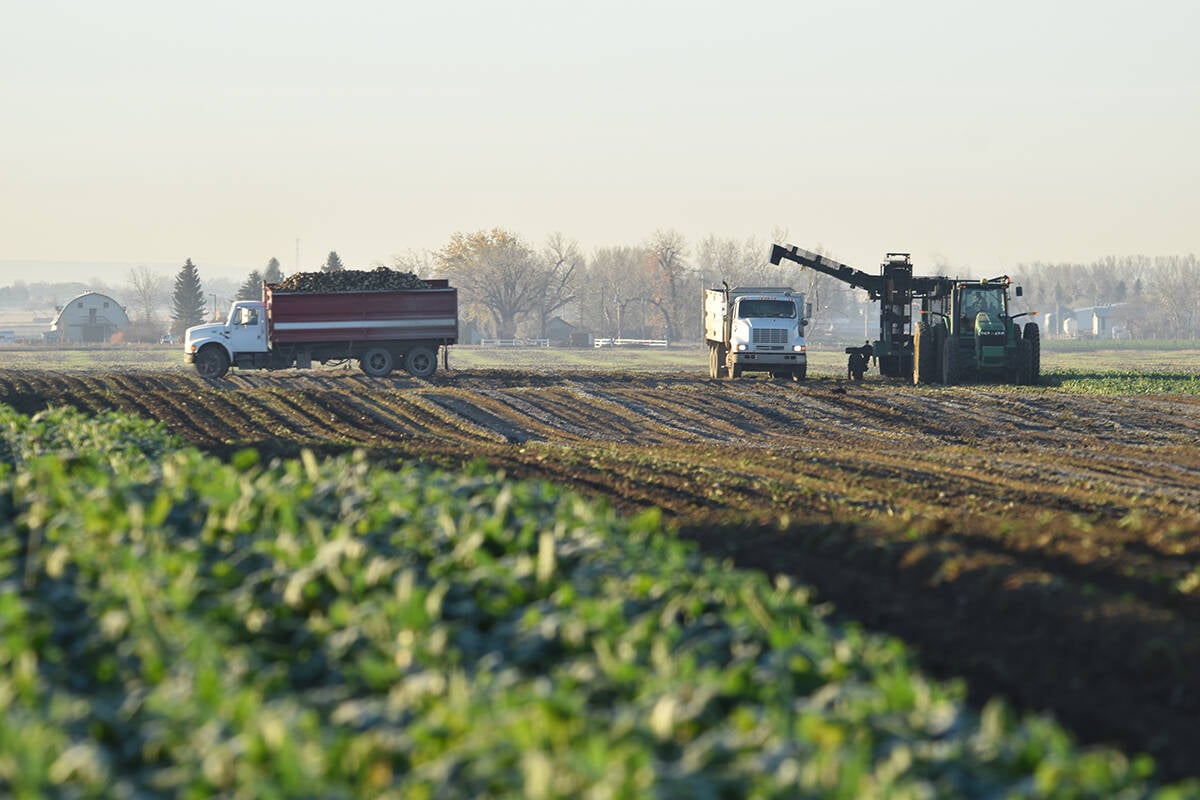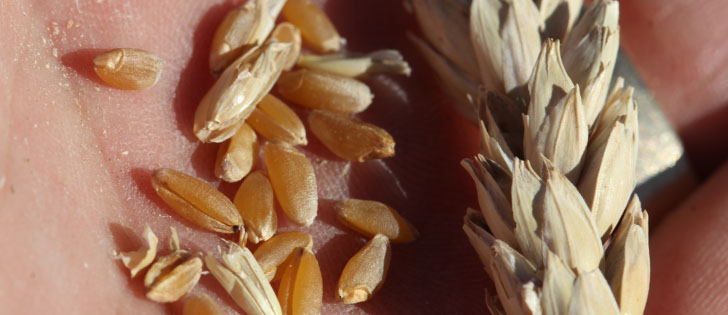As Canada’s new chief agricultural negotiator in World Trade Organization talks, Gilles Gauthier needs little prepping on the trade side.
“Most of my government career has been devoted to trade policy,” he said.
So his steep learning curve will be on the complexities and nuances of agricultural interests that he will have to reflect during negotiations.
He already has started to learn.
Gauthier spent more than an hour in a conference call with the Canadian Federation of Agriculture trade committee when they met in Kelowna, B.C., in late July and has been arranging meetings with other farm lobby groups since he took over the job June 29.
Read Also

Canada the sole G7 nation without a Domestic Sugar Policy to aid local sugar beet production
Canadian sugar beet industry vastly different to US with free-market system compared to protective government-regulated sugar program
His predecessor, Steve Verheul, was promoted to lead Canada’s free trade negotiations with the European Union. Gauthier will be his chief agriculture negotiator on that file as well.
“I want to make myself as available as possible to get to know the industry and its various issues,” he said.
“These negotiations have to serve the interests of our producers and I want to make sure I understand all the various points of view.”
Of course, like his predecessors, he will be burdened by trying to represent the often-conflicting WTO goals of Canada’s exporters and protected supply managed sectors as well as the state trading enterprise interests of the Canadian Wheat Board.
As well, he will have to become accustomed to dealing with the hordes of Canadian agricultural lobbyists. Non-agricultural market access negotiations do not attract the same kind of lobby attention.
“It will be new to me, although I have attended some of the daily debriefs in Geneva with Steve,” he said with a laugh.
“Their presence in Geneva shows how big a deal these negotiations are for Canadian farmers, and it is a reminder. We have to be as transparent and open with the industry as we can be so I don’t see that lobby presence and pressure as a major obstacle. Quite the contrary. It shows how important the work being done is.”
Gauthier isn’t entirely unfamiliar with the agricultural interests he will represent.
He was born on a dairy farm in the Mirabel area north of Montreal and while his parents sold the farm in 1970, he still has relatives in the industry.
But his immediate strength is an understanding of the trade issues and the WTO.
In the finance and then foreign affairs and trade departments, he has worked on trade files including the North American Free Trade Agreement, spent several years in Geneva and was the chief negotiator on non-agricultural market access issues for Canada.
In Geneva, he has been involved in five trade dispute resolution panels and chaired one of them.
He expects that a summer commitment by select developed and developing world leaders to complete the eight-year-old Doha Round of negotiations by next year will inject life into the stalled process.
“The engagement at the political level is taking shape. Now, we will have to translate that into negotiating momentum in Geneva.”
Gauthier said many challenges remain in all areas of negotiations including agriculture, non-agricultural market access and services. Talks have been stalled for the past year.
“But with leaders committing to a deal by 2010, that is the goal we are working toward,” said Gauthier.
Prime minister Stephen Harper signed onto the leaders’ pledge to make the compromises necessary to get a deal, but his agriculture minister doesn’t appear to believe it is in the cards.
“I think anyone that says we’re going to have signed, sealed movement by 2010 is dreaming in Technicolour,” Ritz said during an August meeting of the Canadian Cattlemen’s Association board in Regina.
“We’ll do what’s in the best interest of all Canadian agriculture but I haven’t seen that in any of the texts yet.”














